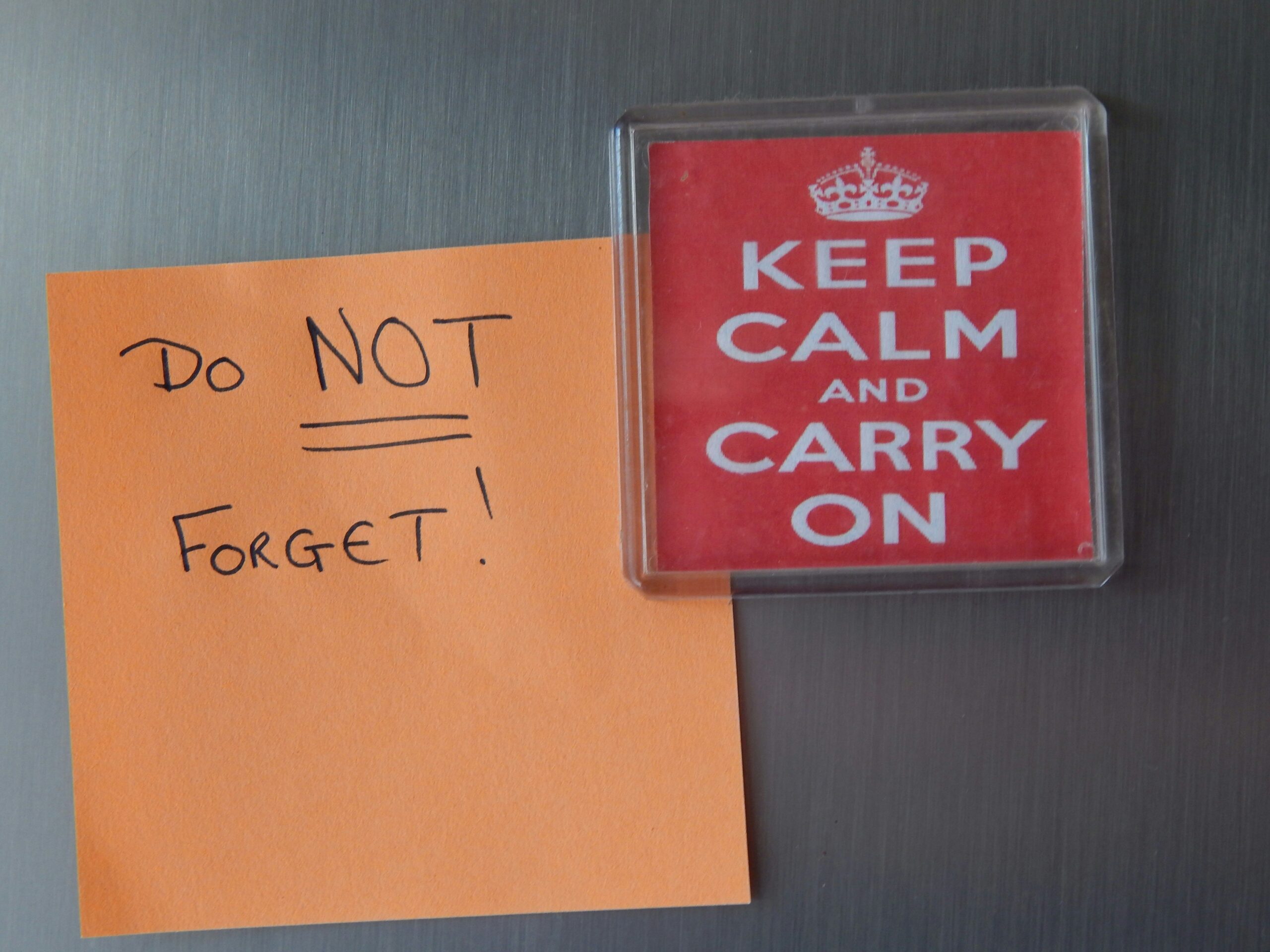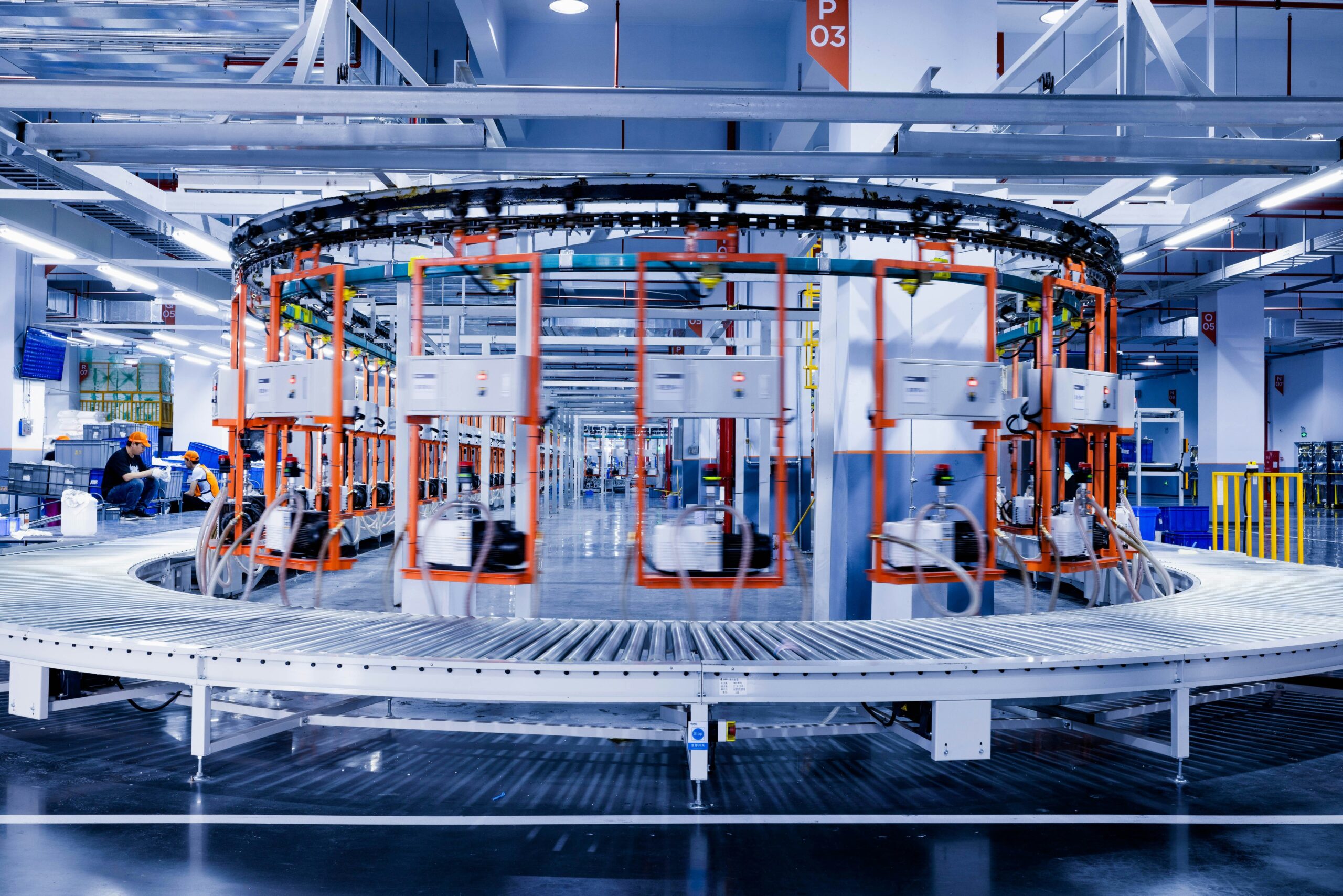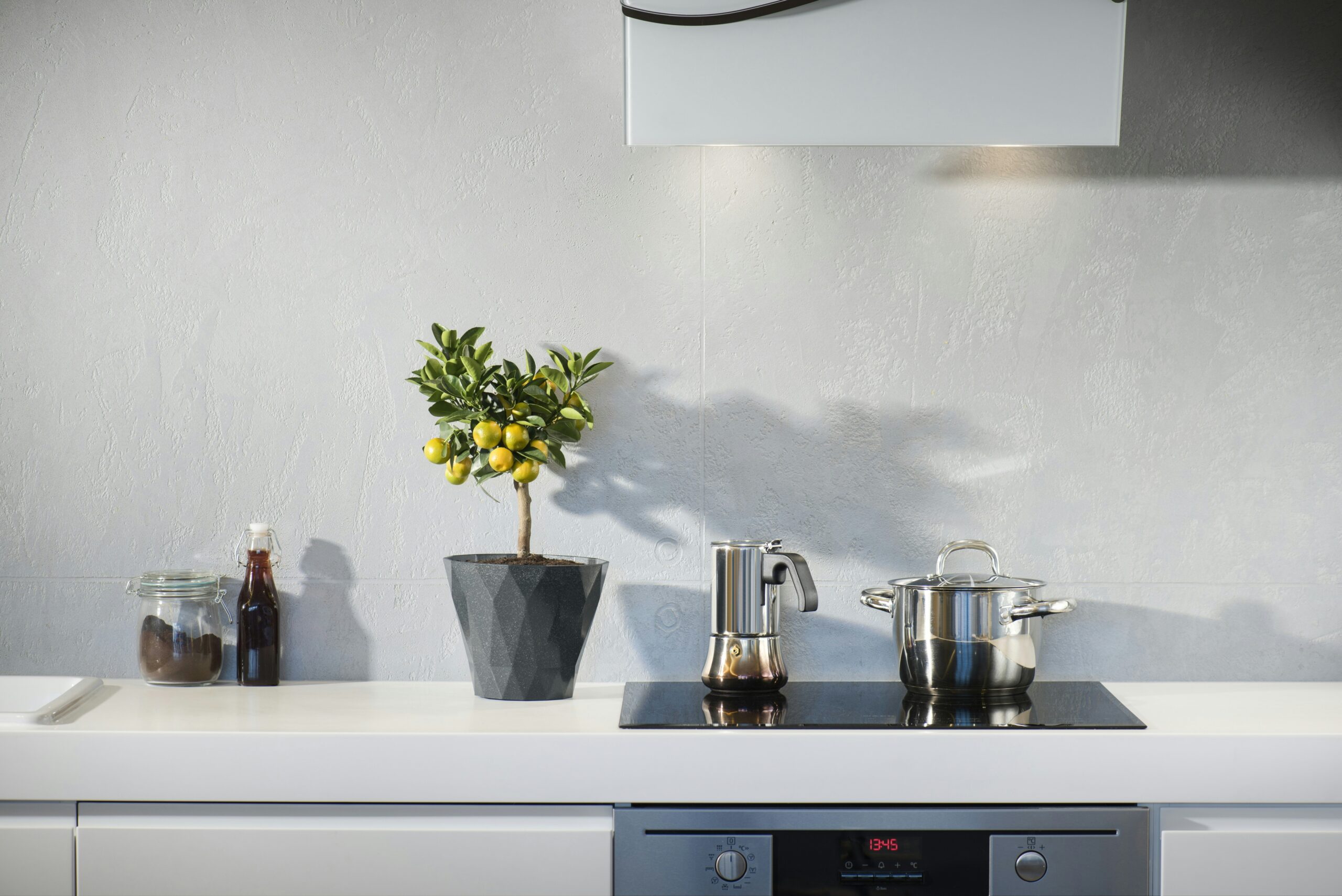Ever woken up to that oh-so-familiar gurgling sound of your smart coffee maker only to be greeted by a bitter, chalky cup of disappointment? Yeah, us too. Turns out, skipping your descaling routine isn’t just bad for your taste buds—it’s practically begging for an appliance breakdown.
In this post, you’ll uncover why maintaining your smart coffee maker descale schedule is non-negotiable, how to set one up without losing your sanity, and some quirky tips (yes, including what NOT to do). Oh, and there’s a haiku at the end because… well, life needs a little caffeine poetry.
Table of Contents
- Why Descaling Your Smart Coffee Maker Is Non-Negotiable
- How to Create the Perfect Descale Schedule
- Top Tips for Stress-Free Descaling
- Smart Coffee Makers That Love Being Descaled
- Frequently Asked Questions About Descaling
Key Takeaways
- Skipping descaling can clog internal parts, damage your machine, and ruin your brew.
- A proper descale schedule depends on water hardness but typically ranges from every 1–3 months.
- Using the right descaling solution matters—never DIY with vinegar unless your manual says so.
- Brands like SmarterCoffee and Behmor Connected boast easy-to-follow descaling prompts.
Why Descaling Your Smart Coffee Maker Is Non-Negotiable
“Optimist You”: ‘But my smart coffee maker has sensors! Doesn’t it take care of itself?’
“Grumpy Me”: ‘Sure, if “self-care” means throwing error codes until you unplug it.’
Here’s the tea (or should we say coffee): Hard water deposits calcium and magnesium over time, forming limescale inside your machine. And guess what? Limescale hates your morning ritual as much as Monday mornings hate you. Ignoring these deposits can lead to reduced performance, bad-tasting coffee, and even permanent damage.
I once skipped descaling for six months because I thought my app would remind me. Spoiler alert: It didn’t. My $500 investment started leaking steam—and not in a cool sci-fi way.

How to Create the Perfect Descale Schedule
Step 1: Check Your Water Hardness
Not all tap water was created equal. Grab a test kit or consult your local utility company to figure out your area’s mineral content. If your water’s super-hard, aim to descale monthly; softer water might let you stretch it to every three months.
Step 2: Read the Manual—Yes, Really
Every smart coffee maker comes with its own quirks. For instance, SmarterCoffee models flash a light when they need attention, while others send notifications via their app. Following manufacturer guidelines ensures no accidental meltdowns occur.
Step 3: Stock Up on Solutions
Sure, grandma swore by vinegar—but her percolator wasn’t connected to Wi-Fi. Many modern machines require specific descaling solutions. Brands often sell proprietary ones, but third-party options work fine if approved. Just don’t go rogue here—it’s not worth risking your warranty.
Top Tips for Stress-Free Descaling
Lets talk practicality:
- Dedicate Time for It: Set aside 30–60 minutes where interruptions won’t derail you. Remember, multitasking during descaling is like texting while driving—an accident waiting to happen.
- Don’t Overdo It: Some people think more = better. Wrong! Stick to recommended amounts and frequencies or risk damaging seals and components.
- Rinse Thoroughly: After using any chemical solution, run fresh water through your system a few times. No one wants residual cleaning agent ruining their latte art.
- Terrible Tip Alert: Ever tried descaling with lemon juice? Don’t. The acidity wreaks havoc faster than spilled espresso stains your shirt.
Smart Coffee Makers That Love Being Descaled
Take John from Boston, for example. He uses a Behmor Connected Coffee Maker religiously. Every two months, he follows the built-in descaling prompt which walks him step-by-step through the process. His reward? A flawless pour-over experience every single day.
Or consider Sarah, who swears by her Philips Saeco Xelsis. With automated reminders synced to her phone, she’s never missed a beat—or a perfectly frothy cappuccino.

Frequently Asked Questions About Descaling
Q: Can I use regular household cleaners?
Nope! Only products explicitly designed for descaling are safe. Think chef’s kiss precision versus reckless abandon.
Q: What happens if I ignore the descale schedule?
Prepare for slower brewing, funky flavors, potential leaks, and eventual machine death. Dramatic, yes—but accurate.
Q: Can smart devices track water hardness levels?
Some high-end models have sensors, but most rely on user input. Stay proactive rather than reactive!
Conclusion
Your smart coffee maker deserves love, and sticking to a solid descale schedule keeps both you and your caffeine buddy happy. Whether you’re battling hard water woes or marveling at app-integrated alerts, remember: consistency beats chaos every time.
And now, your bonus haiku:
Brew flows smooth again Limescale banished from within Morning joy restored

Make sure to replace placeholder image URLs with actual high-quality images relevant to each section!


